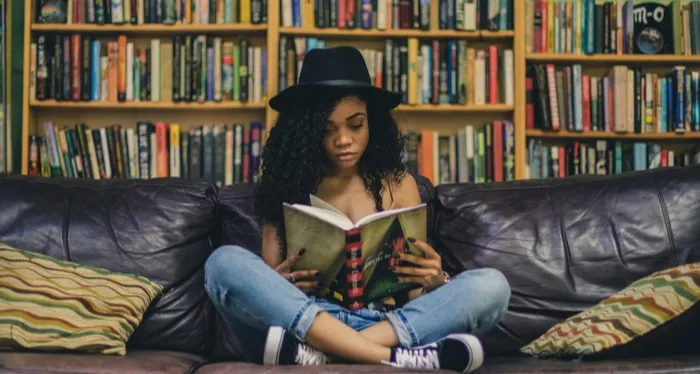
Assigned Reading That Changed Our Lives
Some weeks back, I saw this tweet (and subsequent thread) making the rounds.
It got me thinking about my own experiences with assigned reading and the books that have made an impact on me over the years. For a long time, until I became more independent and adventurous at libraries and bookstores, assigned reading was actually the only way I knew what kinds of books were out there at all. As the child of parents who were immigrants and also very much not readers in the first place, my exposure to the vast selection of books that existed was limited to school reading lists and whatever my bookish classmates happened to be reading. And those reading lists are what turned me into the lifelong reader I am today.
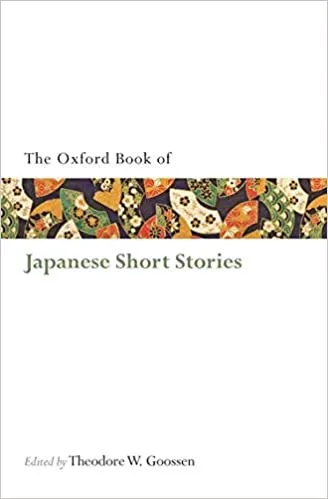
Each individual book from those lists had their specific effects on me as well, be they big, small, positive, negative, or anything in between. Being assigned Tuck Everlasting twice in elementary and middle school turned me vehemently against rereading. Reading Brave New World in high school opened my eyes to the importance of paying attention to and thinking about the world and society broadly, and to the fact that my own limited point of view was just one tiny piece of a whole system. And the entire curriculum of a Japanese literature class I took in college completely changed my attitude toward my own heritage and culture, leading me to embrace and take pride in it for the first time instead of trying to hide or deny it in an attempt to be as “American” as I could be.
Obviously, my personal experience represents just an infinitesimally small fraction of the many lives impacted by assigned reading, so I’ve asked my fellow Rioters to share some of their stories as well. I loved hearing about each and every one of their unique experiences, and seeing just how varied they were. Plus I’ve gained a couple additions to my TBR!
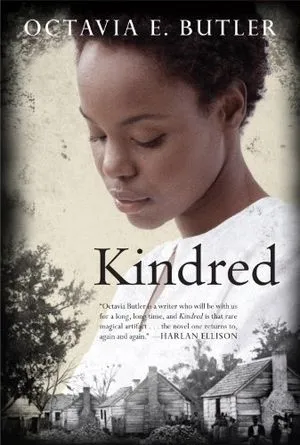
Kindred by Octavia Butler
I was assigned to read Kindred by Octavia Butler as summer reading for my Honors English class before my sophomore year in high school. It was the first time a book assigned for class really hooked me and it didn’t feel like an assignment. Not only was I drawn to Butler’s writing style and gripping narrative, but it was also one of the first books I remember reading that highlighted the importance of discussing racial inequality and the experiences of people of color. I went to a majority white school in a rural area, and this was simply never something anyone had discussed or suggested we think about before. To this day, I remember Kindred as the book that really sparked my love of reading books that challenge my thinking and confront me with my own internal biases.
The Great Gatsby by F. Scott Fitzgerald
I’ve always loved to read and actually enjoyed most of the books assigned to me in high school — that is, until I read The Great Gatsby. I absolutely loathed the book and all the despicable characters it centered on. I realized then that not all “classics” are that great and I’ve definitely spent a lot of time disrupting the cannon since then. I did reread The Great Gatsby as an adult and I hated it less, but I still consider it pretty meh.
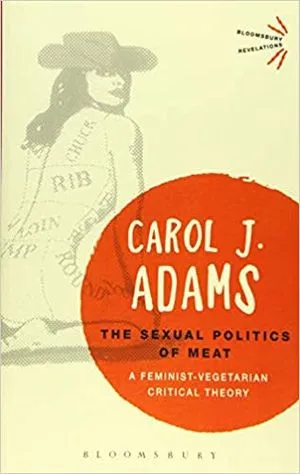
The Sexual Politics of Meat: A Feminist-Vegetarian Critical Theory by Carol J. Adams
When it comes to books I read for class, the one that comes into my head the most often is without a doubt The Sexual Politics of Meat: A Feminist-Vegetarian Critical Theory by Carol J. Adams. I read it in a graduate level feminist theory class; the professor mostly had us read it for shock value as we discussed radical feminism. It is definitely radical, and I wouldn’t say I completely agree with all of Adams’s arguments for how the food we eat and the way we talk about that food is tied up in the capitalist patriarchy in which we live. But since I read it about seven years ago, I haven’t gone a full week without seeing a fast food commercial or hearing someone describe a meal in a way that makes me think about it. And if I had a dollar for every time I’ve used the term “the absent referent” since reading it, I’d be rich!
Romeo and Juliet by William Shakespeare
I was assigned Romeo and Juliet in 9th grade and that made me fall in love with Shakespeare and literature. I also love following the story and all the inspired movie adaptations that have come from that tale and Shakespeare’s numerous plays. I still remember eagerly reading the part of Juliet out loud at times when assigned in class and it was so much fun to immerse myself in that world for the first time.
Moby-Dick by Herman Melville
My college class called The Ancient Epic and Beyond had the heftiest reading stack of any class I ever took. I loved nearly all the books (Iliad > Odyssey IMHO), but Moby-Dick struck a power chord in me. I had assumed it was a stuffy old classic instead of the funny, weird, digressive, endlessly fascinating book it is. My love for this book has prompted trips to rare book libraries with Melville exhibitions and the New Bedford Whaling Museum. I’ve also attended more than one staging of the Moby-Dick musical, one of them under the famed blue whale in the American Museum of Natural History. The extra bonus in that class was the professor’s tossed-off recommendation for this classics-inflected novel called The Secret History. Now there’s another book whose reading high I’ve been chasing ever since.
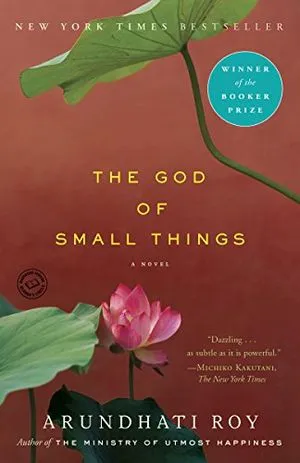
The God of Small Things by Arundhati Roy
I took a contemporary literature class in college, and one of the assigned books was The God of Small Things by Arundhati Roy. It completely changed how I think about narrative structure, building characters, and writing in general. To this day, I still regularly recall lines from the book that just sucker punched me when I read them. It’s one of the most gorgeously written, heartbreaking books I’ve ever read.
Wuthering Heights by Emily Brontë
I took AP English my Senior year and one of the books we were assigned was Wuthering Heights, and my sweet giddy aunt, I hate that book with a fiery passion. I don’t understand why it’s touted as one of the best love stories because there are absolutely no likable characters in this book. Heathcliff out-emos even Hamlet and Catherine is just the worst. This, plus my feelings against Hamlet and anything that Joyce wrote (just to shame a few) helped me to realize that I can be an awesome English major and still loathe some of the things that are still taught to this day in English classes everywhere. On a positive note, I also read Ellison’s Invisible Man in that class, so it wasn’t all bad.
To Kill a Mockingbird by Harper Lee
In Year 9 (High School in Australia), we read To Kill a Mockingbird. It has become my favourite book of all time, and Atticus Finch was my hero for many years (I was admitted to the NSW Supreme Court in 2009). However, at the time I was a 14-year-old girl who grew up on a very white Australian Military base with a horribly racist parent. To Kill a Mockingbird was my first reading experience to call out racism, the fear of racists, and portray a character who is simply doing the right thing. Having lived in Australia, To Kill a Mockingbird inspired me to re-evaluate our relationship with the Australian Indigenous Community. I cannot be more grateful or appreciative of a book and its influence on who I am today.
Do you have your own story of an assigned book that changed your life? Tell us about it on our social media channels!









